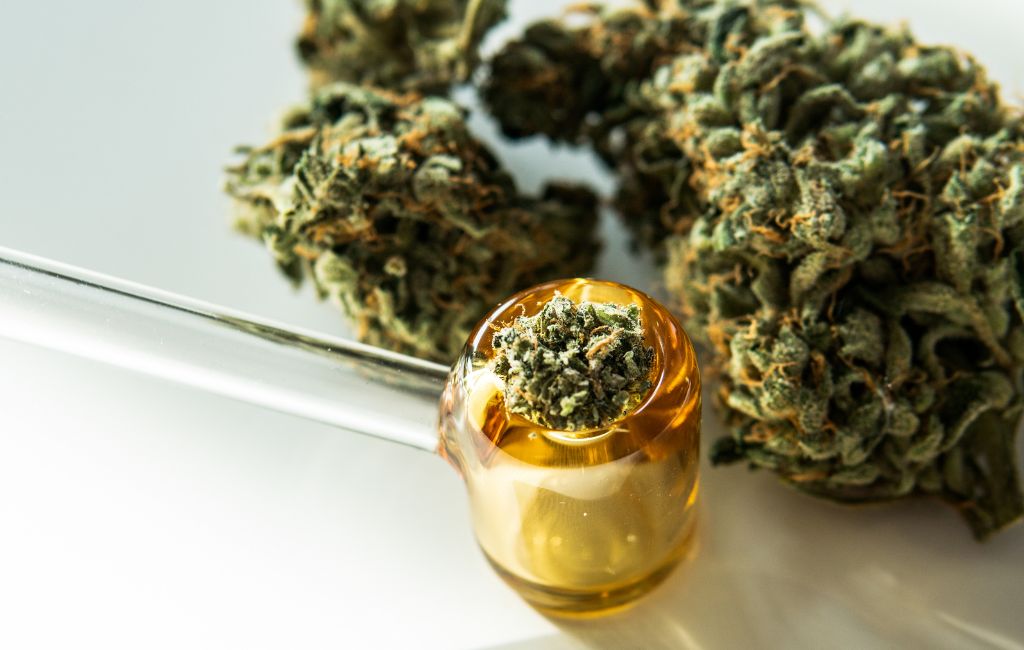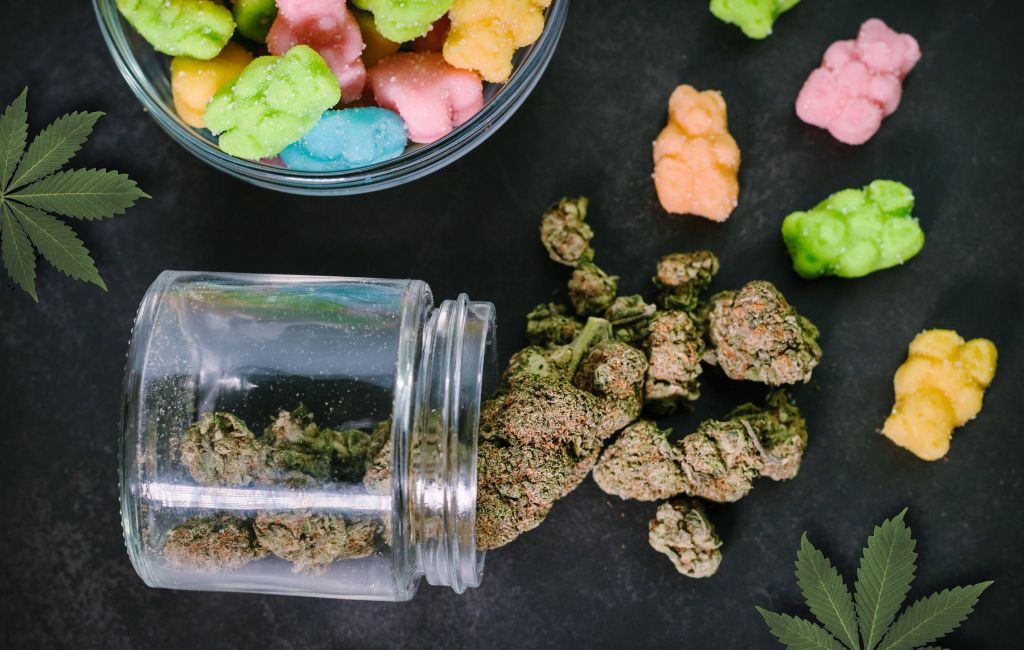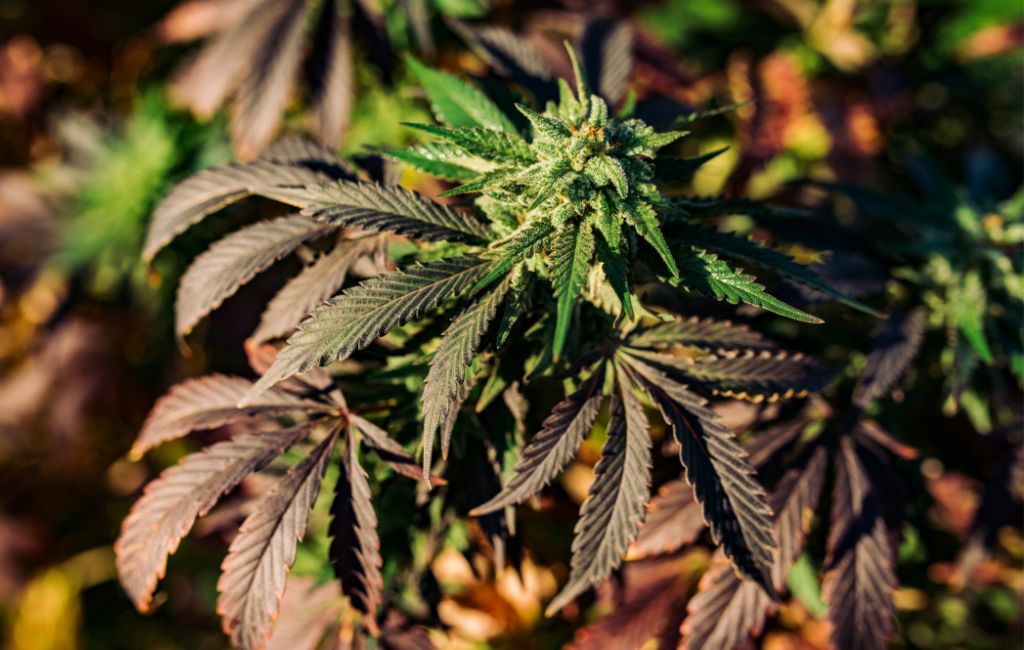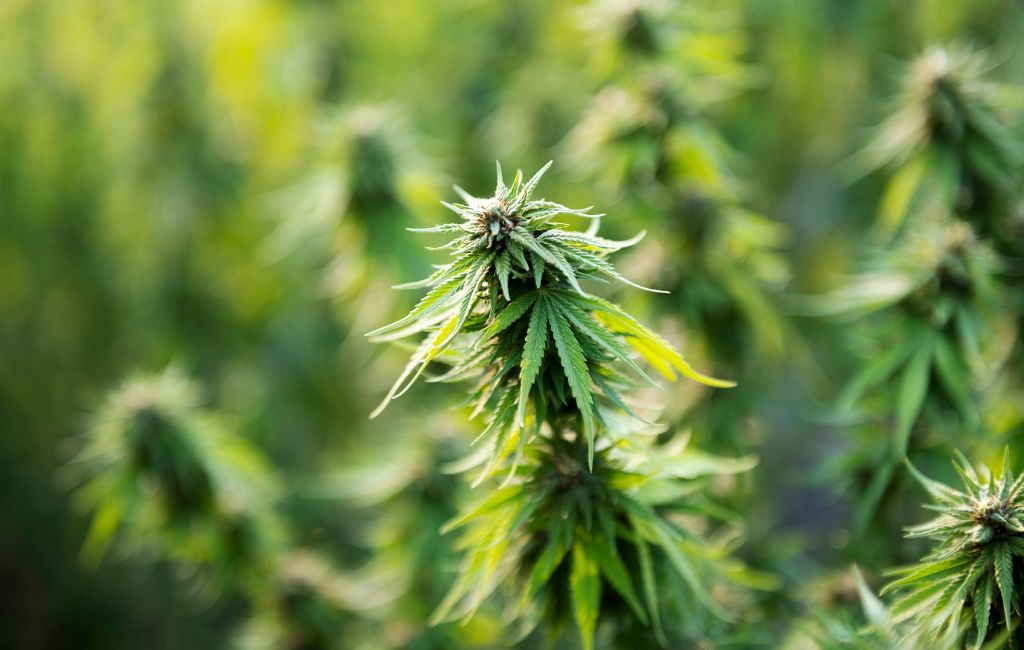Exploring THCa Flower and Mental Health
The relationship between cannabis and mental health has been a topic of interest for researchers and consumers alike. Among the various compounds found in cannabis, THCa (tetrahydrocannabinolic acid) has gained attention for its potential benefits. This article delves into the properties of THCa flower and mental health.
Understanding THCa
THCa is a non-psychoactive cannabinoid found in raw and live cannabis plants. Unlike THC, which is known for its psychoactive effects, THCa does not produce a “high.” This makes it an intriguing subject for those interested in the therapeutic benefits of cannabis without the mind-altering effects.
How THCa Works
THCa interacts with the body’s endocannabinoid system, which plays a role in regulating mood, appetite, and sleep. By binding to specific receptors, THCa may influence these functions, potentially offering therapeutic benefits.
Potential Benefits of THCa for Mental Health
Research into THCa is still in its early stages, but preliminary findings suggest several potential benefits for mental health:
- Anti-inflammatory Properties: Inflammation is linked to various mental health disorders. THCa’s anti-inflammatory effects may help alleviate symptoms associated with these conditions.
- Neuroprotective Effects: Some studies indicate that THCa may protect brain cells from damage, which could be beneficial for neurodegenerative diseases.
- Antiemetic Properties: THCa has shown promise in reducing nausea and vomiting, which can be symptoms of anxiety and depression.
Case Studies and Research
Several case studies have explored the impact of THCa on mental health. For instance, a study published in the Journal of Psychopharmacology found that THCa reduced anxiety-like behavior in animal models. Another study highlighted its potential in managing symptoms of depression.
THCa Flower Consumption Methods
There are various ways to consume THCa flower, each offering different benefits:
- Raw Consumption: Consuming raw cannabis leaves or flowers in smoothies or salads preserves THCa’s non-psychoactive properties.
- Juicing: Juicing fresh cannabis leaves is a popular method to intake THCa without the psychoactive effects of THC.
- Tinctures and Oils: These products allow for precise dosing and can be added to food or beverages.
Considerations and Precautions
While THCa offers potential benefits, it’s important to approach its use with caution. Consulting with a healthcare professional is advisable, especially for individuals with pre-existing mental health conditions.
Legal and Regulatory Aspects
The legal status of THCa varies by region. In some areas, it is classified similarly to THC, while in others, it is considered legal. Understanding local regulations is crucial for those interested in exploring THCa.
Conclusion
THCa flower presents a promising avenue for mental health support, offering potential benefits without the psychoactive effects of THC. While research is still developing, early findings suggest that THCa may play a role in managing symptoms of anxiety, depression, and other mental health disorders. As with any supplement or treatment, consulting with a healthcare provider is recommended to ensure safe and effective use.



